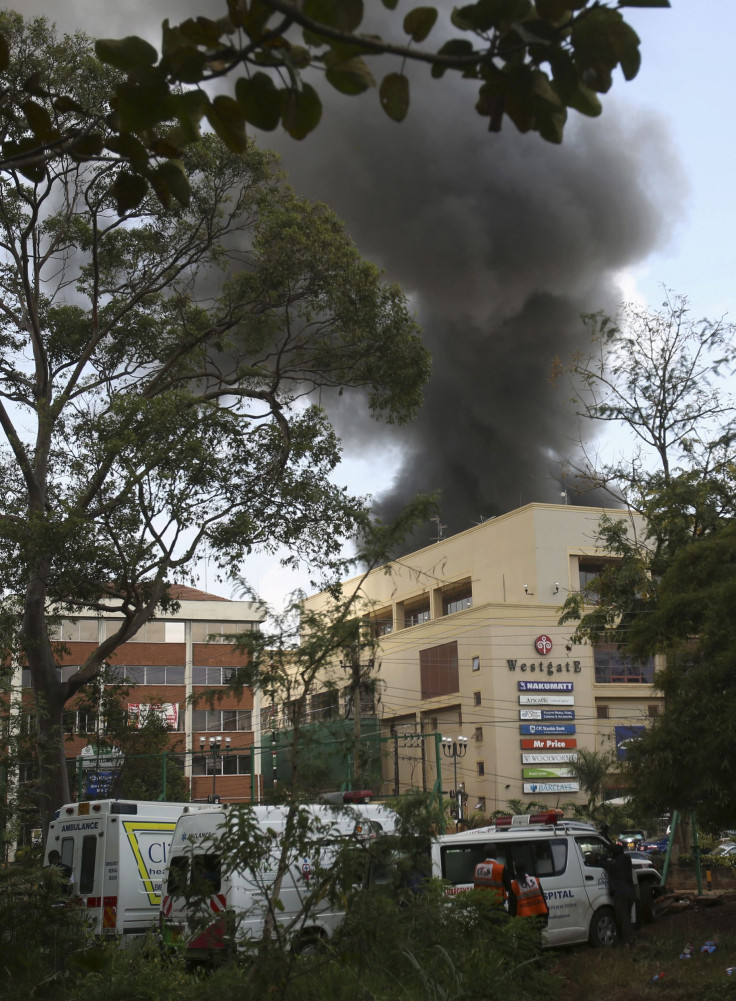
Al-Shabaab took responsibility for the militant attack on the Westgate Mall in Kenya via Twitter in the early stages of the hostage crisis, and now its leader has pledged more of the same. Islamist militant leader Mukhtar Abu Zubayr said this week that he is working to turn Al-Shabaab into more than an insurgent group centered in Somalia to an all-out terrorist group capable of large scale attacks outside of the African country. The attack on Kenya has been in the worst in the country since the U.S. Embassy bombing of 1998. Before the militant attack that left some stranded inside the shopping center for days, leaving 68 civilians dead, he orchestrated a suicide bombing in Uganda in 2010 that killed more than 70. "What happened in Kampala was just the beginning," Zubayr said after the suicide attack.
The Somalia's Islamic Courts Union movement gave birth to the militant group when it fought back against warlords that invaded the area under the support of the U.S. Ethiopian and Somali forces eventually wrangled the warlords out of the territories before Al-Shabaab seized a large portion of land. The group has previously attempted a large-scale attack on Kenya and have repeatedly been stopped, but Saturday's standoff changed everything. Al-Shbaab has also been linked to al Qaeda, which has contributed with its growth in power. "A lot of people have been thinking of al Shabaab as a Somali issue but (after) this attack they are going to be viewed more as a part of al Qaeda and the global terrorist network," said Ali Soufan of Soufan Group, which provides strategic security intelligence to governments and businesses.
Inner turmoil may, however, be the breaking point for the militant group. Zubayr has repeatedly refused negotiations with Somalia's Transitional Federal Government, poor management and a clan system soon caused unrest within the group. Recently, American jihadi Omar Hammami was killed allegedly for expressing dissent toward the group's leader. "Abu zubayr has gone mad. He's starting a civil war," he said. Zubayr ordered his immediate execution following the statements, and managed to wound Hammami in April. He was killed in September after a planned ambush in Somalia. Zubayr has the upper hand in these matters, though, as he exerts control over the group's intelligence wing, Amniyat. His heavy reliance on the intelligence unti has brought him closer to al Qaeda, but has also afforded him scores of enemies, which could hinder the group's growth as it becomes heavily targeted. Still, it appears the group has a large number of "home grown" insurgents in many of the places it hopes to carry out terroritst attacks. Former Somali prime minister, Omar Abdirashid Ali Sharmarke, said Zubayr is perhaps the most clever of all of al-Shabaab's leaders.
© 2025 Latin Times. All rights reserved. Do not reproduce without permission.




